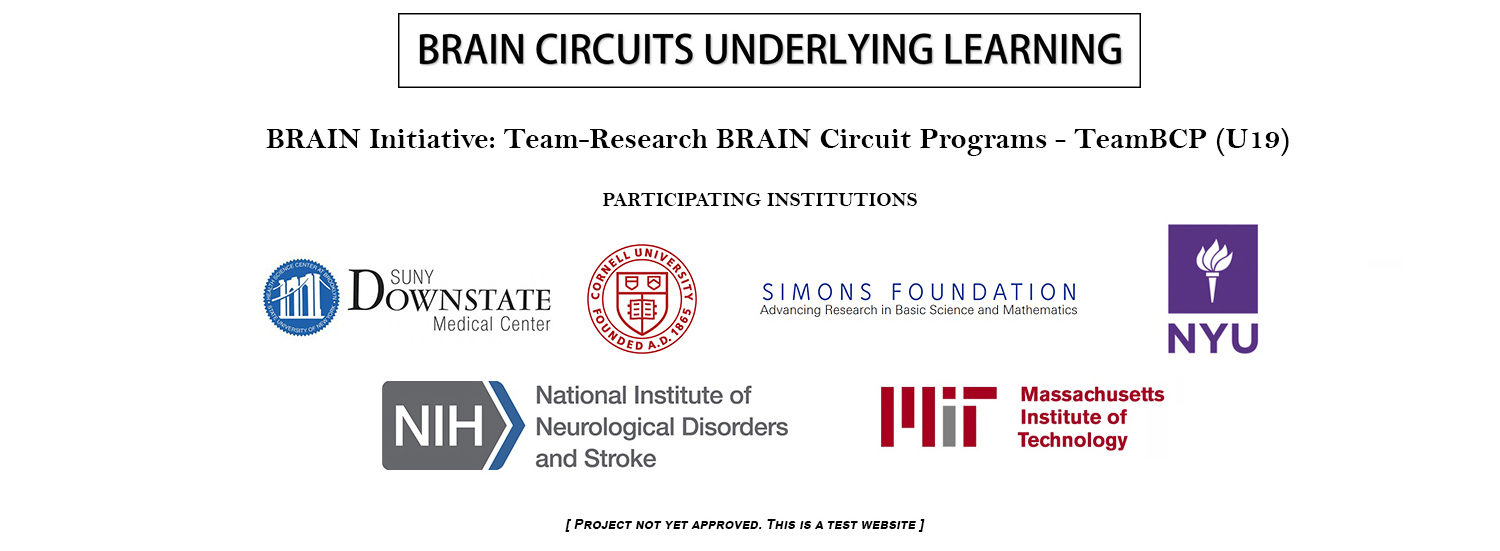Changes in the neural circuits responsible for increased performance in perceptual learning (PL) must ultimately be driven by feedforward neural inputs driven by experiences in the world. If so, it should be possible to causally test theories of learning, by artificially driving inputs using optogenetic stimulation that mimics natural behavioral learning. If so, it will become possible to train neural circuits—to make them acquire knowledge—without explicit learning or behavioral training in the real world. This could serve as the basis for innovation in cognitive pros-thetics to ameliorate learning disabilities. Here we will test the prevailing theory of orientation selectivity in the primary visual cortex (V1) of non-human primates (NHPs), by stimulating LGN inputs into V1 in specific column patterns that ostensibly drive V1 orientation selectivity. We will also create artificially-derived (prosthetic) exper-tise of an orientation discrimination task by training neurons with opto-stimulation in the theoretically correct manner to match real behavioral training—essentially downloading expertise into the brain without training or practice. To determine the underlying model of PL, we will then conduct pairing experiments across matched and unmatched orientation columns in V1, which will assess cortical module level circuit requirements. We will also test matched-pairs of individual cells within the same column using optogenetics, to determine the connec-tivity between cells, which will serve as a causal model of perceptual learning that can determine if a Hebbian learning mechanism fundamentally explains all of the perceptual learning effects we’ve seen in all of our pro-jects.
Stephen Macknik [ MPI – Project 5 Lead ]
Principal Investigator
Professor of Ophthalmology, Neurology
and Physiology & Pharmacology
Director, Laboratory of translational neuroscience
SUNY Downstate Medical Center
Email: macknik@neuralcorrelate.com

